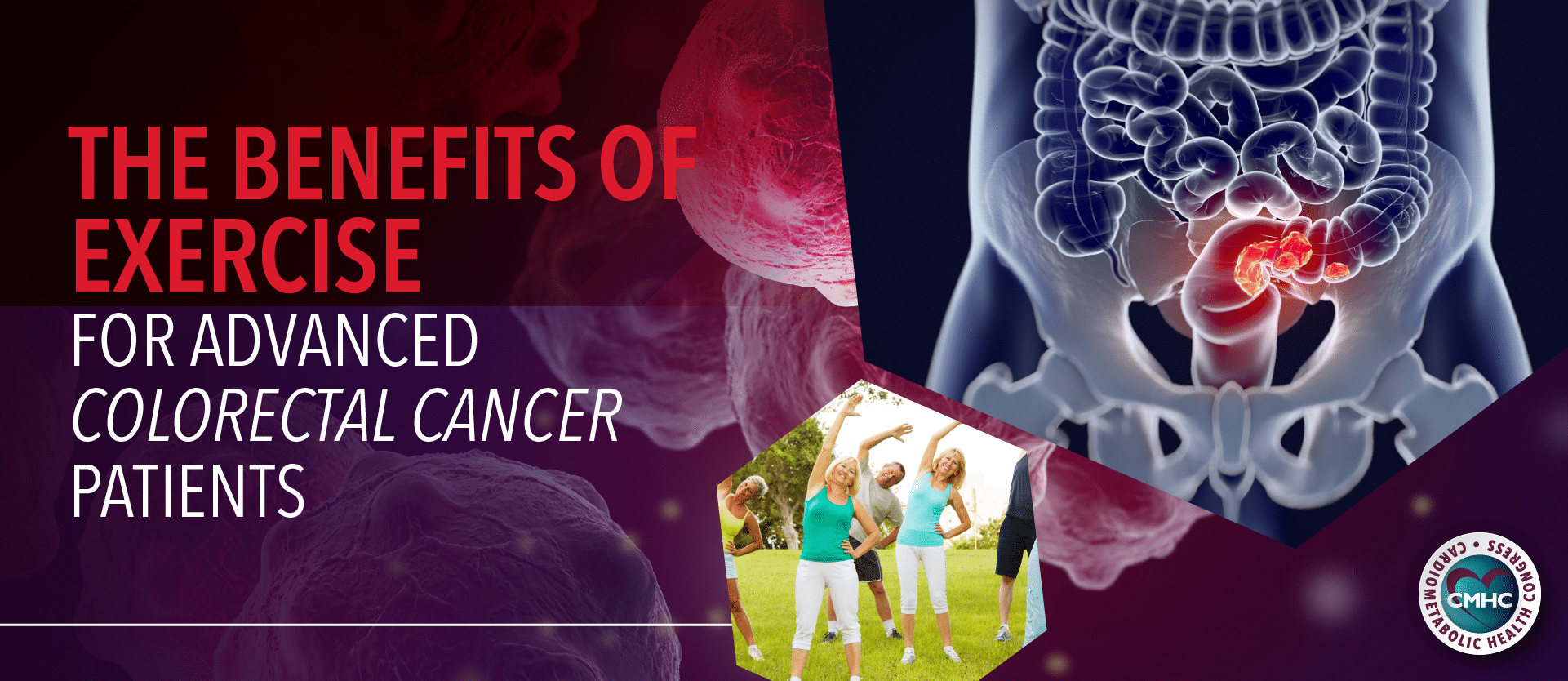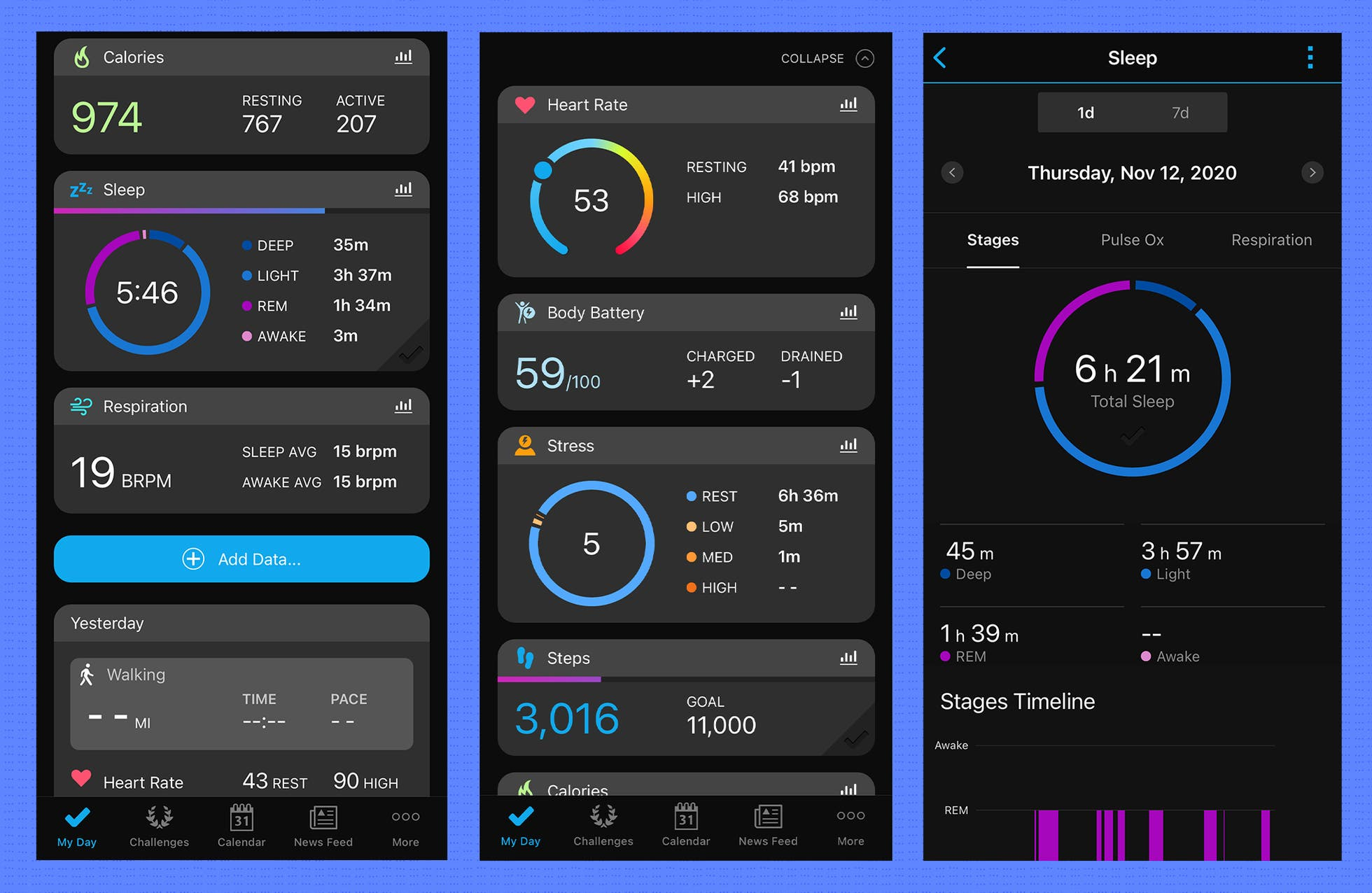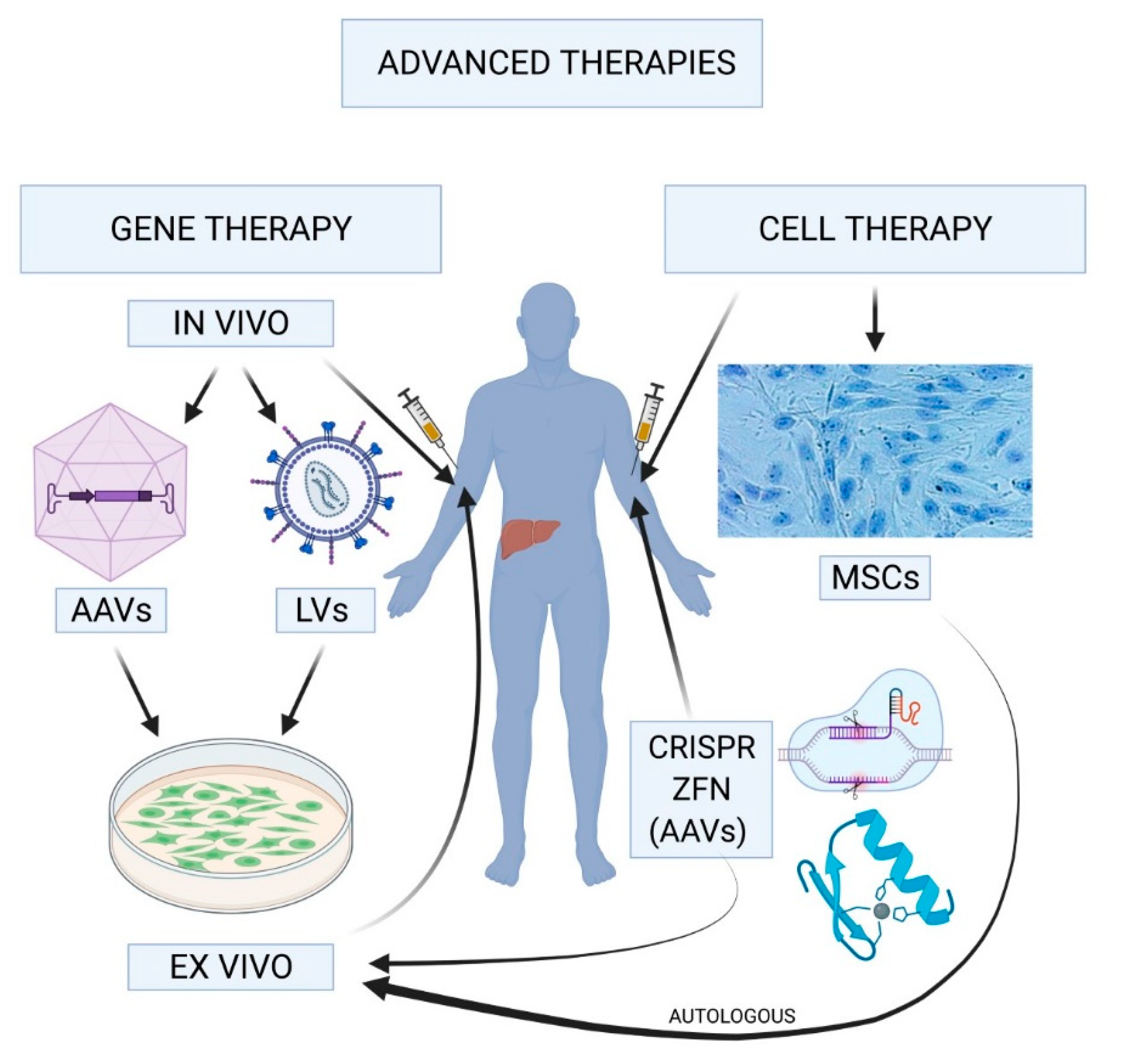Exercise benefits colon cancer survivors by significantly enhancing their chances of a longer, healthier life after treatment. Recent research from Dana-Farber Cancer Institute reveals that engaging in regular physical activity can narrow the survival gap between colon cancer patients and their peers in the general population. This is essential, considering colon cancer is one of the leading causes of cancer-related deaths globally, where survivors face heightened risks of premature mortality. The findings emphasize that post-treatment exercise not only aids in recovery but also boosts cancer survival rates, with patients reporting higher activity levels experiencing improved overall outcomes. Therefore, incorporating regular exercise into their lifestyle is crucial for colon cancer survivors to maximize their health benefits and improve their long-term prognosis.
The advantages of physical activity for individuals who have triumphed over colon cancer are profound, extending beyond mere recovery. Engaging in fitness routines post-treatment not only fortifies the body but also plays a crucial role in restoring the quality of life. As research highlights, patients who prioritize their exercise regimens can significantly reduce the risk of cancer recurrence and enjoy a reestablished sense of well-being. This holistic approach to cancer survival emphasizes the importance of remaining active, highlighting how vital it is for colon cancer patients to integrate exercise into their daily routines for optimal health outcomes after their treatment journey.
The Essential Role of Exercise in Colon Cancer Recovery
Engaging in regular physical activity is crucial for colon cancer survivors looking to enhance their recovery and improve their chances of a long and healthy life. Research has highlighted that post-treatment exercise not only helps in physical rehabilitation but also mitigates some of the severe emotional and psychological scars that cancer can leave. Activities like walking, cycling, or swimming not only improve muscular strength but also significantly boost mental well-being by releasing endorphins, which can reduce feelings of anxiety and depression.
Furthermore, consistent exercise is linked to an overall improvement in quality of life. Survivors can experience enhanced strength, better energy levels, and a reduced risk of comorbid conditions related to inactivity. By incorporating a structured exercise regimen, colon cancer patients can encourage their bodies to recover effectively, making physical activity an integral aspect of their post-treatment care.
Exercise Benefits for Colon Cancer Survivors
For colon cancer survivors, regular exercise is not just a recommendation but a proven strategy to improve overall health outcomes. Studies indicate that those who engage in physical activity post-treatment enjoy significantly enhanced survival rates compared to those who remain sedentary. Exercise benefits colon cancer survivors by reducing fatigue, combatting weight gain often associated with cancer treatments, and improving cardiovascular health, which is vital during recovery.
Additionally, survivors often experience disparities in survival rates when compared to the general population. Regular exercise can bridge this gap, as shown in research from the Dana-Farber Cancer Institute, which highlights how increased physical activity correlates with improved survival rates among stage 3 colon cancer patients. This insight emphasizes the importance of establishing a consistent exercise routine to maximize health benefits and optimize recovery.
Understanding Exercise and Its Impact on Survival Rates
The relationship between physical activity and cancer survival is profound, particularly in colon cancer patients. Research has shown that regular exercise can significantly improve survival rates by reducing the incidence of cancer recurrence and enhancing the overall resilience of patients during recovery. For instance, colon cancer survivors who maintain high activity levels (18 or more MET-hours per week) show overall survival rates that closely match those of the general population.
Moreover, this connection underscores the necessity for cancer care plans to integrate exercise recommendations as a standard practice. For instance, low activity, defined as fewer than three MET-hours per week, correlates with a staggering 50.5% decrease in survival rates for patients whose cancer has recurred. This emphasizes just how vital it is for patients to engage in some form of defined physical activity, not only to enjoy the health benefits of exercise but also to actively participate in their long-term recovery strategy.
Developing an Effective Post-Treatment Exercise Regimen
Creating an exercise regimen after colon cancer treatment involves careful planning and often professional advice. Patients should begin with activities that align with their current health status, gradually increasing intensity and duration as their strength improves. Simple activities such as walking or gentle yoga can be the starting point for many survivors. Engaging in physical activity at least a few times a week can yield substantial benefits for cancer recovery.
Additionally, it’s crucial to incorporate a variety of exercises that include cardiovascular, strength, and flexibility components for a holistic approach. Personalized exercise plans can immensely aid in maintaining motivation and ensuring that survivors receive the maximum possible health benefits from their routines throughout their recovery phase.
Psychological Benefits of Exercise for Cancer Survivors
In addition to its physical health benefits, exercise serves as a powerful tool in improving the psychological well-being of colon cancer survivors. Regular physical activity contributes to reduced levels of stress and anxiety, providing a sense of normalcy and control in what can often feel like an uncontrollable situation. It’s not uncommon for survivors to experience fear or anxiety about cancer recurrence, and exercise can play a significant role in alleviating these feelings.
Moreover, the social aspects of exercise, such as participating in group classes or engaging in community sports, help survivors feel more connected and less isolated. This social interaction is key to fostering emotional resilience and promoting a positive outlook, which have both been linked to better survival rates in cancer patients. Thus, embedding exercise into recovery plans not only stimulates physical health but also fortifies mental resilience against the challenges of post-cancer life.
Community Support and Its Importance in Recovery
Community support plays a vital role in the recovery journey of colon cancer survivors. By fostering connections with others who have undergone similar experiences, survivors can share their challenges and triumphs, thereby enhancing their coping mechanisms. Participating in community exercise programs or support groups provides survivors with the motivation to stay active, fostering a collective environment where each member contributes to the others’ health journeys.
Moreover, various cancer organizations increasingly offer programs designed specifically for survivors, integrating exercise and education in a supportive setting. This not only provides valuable resources but also forms a network that encourages sustained physical activity, vastly improving health outcomes as shown by enhanced survival rates. Ultimately, embracing community support enables survivors to thrive both physically and emotionally after treatment.
The Role of Nutrition in Conjunction with Exercise
While exercise is crucial, it works best in tandem with a well-balanced diet tailored to the needs of colon cancer survivors. Proper nutrition provides the essential nutrients required to help the body repair and rebuild itself after the rigors of treatment. Cancer survivors should focus on a diet rich in vegetables, whole grains, and lean proteins to support their exercise regimen and enhance energy levels.
Moreover, certain dietary practices can further improve the effectiveness of an exercise program. For instance, staying hydrated and avoiding processed foods can lead to better physical performance and quicker recovery. As research indicates that nutrition significantly affects health outcomes, maintaining awareness of dietary choices can multiply the benefits gained from regular physical activity, effectively supporting long-term survival.
Establishing Realistic Fitness Goals
Setting appropriate and achievable fitness goals is critical for colon cancer survivors embarking on their exercise journeys. Goals provide direction and motivation, helping individuals to focus on their recovery progress. It is essential to set short-term, reachable goals that can progressively lead to long-term achievements. This could range from committing to daily walks to gradually increasing workout intensity over several weeks.
Goals should also accommodate individual preferences, allowing survivors to incorporate activities they enjoy, making adherence to their exercise routines much more feasible. By celebrating small victories within their personalized fitness plan, survivors can maintain motivation and a positive mindset, building a foundation for a stronger and healthier future.
Conclusion: Embracing an Active Lifestyle Post-Cancer
In conclusion, survival rates among colon cancer patients can be significantly improved through regular exercise and an active lifestyle post-treatment. The findings from various studies highlight the profound impact that physical activity can have on recovery and well-being, enabling survivors to bridge the survival gaps compared to the general population. Combining exercise with a supportive community, proper nutrition and realistic goal-setting is essential for fostering an effective recovery framework.
Embracing an active lifestyle not only enhances physical strength but also contributes profoundly to emotional health, providing survivors with a sense of empowerment in their journey post-cancer. Thus, adopting an exercise-focused recovery plan is paramount for colon cancer survivors striving towards a healthier and longer life.
Frequently Asked Questions
What are the exercise benefits for colon cancer survivors?
Exercise benefits for colon cancer survivors include improved overall survival rates, enhanced physical fitness, and better emotional well-being. Regular physical activity after treatment can help mitigate the survival disparities between cancer patients and the general population. Engaging in consistent exercise has been shown to improve longevity and quality of life.
How does physical activity influence cancer survival rates for colon cancer patients?
Physical activity significantly influences cancer survival rates for colon cancer patients. Research indicates that survivors who engage in regular exercise have higher survival rates compared to those with low activity levels. Specifically, colon cancer survivors with higher levels of exercise (18 or more MET-hours per week) have survival rates closer to those of the general population, highlighting the importance of physical activity in cancer recovery.
Is there a recommended level of exercise for colon cancer post-treatment?
Yes, colon cancer post-treatment exercise recommendations suggest a minimum of 10-20 minutes of moderate physical activity several days a week. Ideally, aiming for 18 or more MET-hours of activity weekly can significantly improve survival outcomes. Even small amounts of exercise can lead to meaningful health benefits for colon cancer survivors.
What health benefits of exercise are relevant for colon cancer survivors?
Health benefits of exercise for colon cancer survivors include enhanced cardiovascular health, improved muscle strength, reduced fatigue, and better emotional health. Regular exercise can also reduce the risk of cancer recurrence and improve overall survival, making it a crucial component of post-treatment care.
Can regular exercise affect the quality of life for colon cancer survivors?
Absolutely, regular exercise can enhance the quality of life for colon cancer survivors. Exercise increases physical strength, reduces anxiety and depression, and promotes better sleep. By improving physical and mental health, colon cancer survivors can experience a more fulfilling and active lifestyle post-treatment.
How does exercise help mitigate survival disparities in colon cancer patients?
Exercise helps mitigate survival disparities in colon cancer patients by improving their overall health and boosting the body’s ability to fight cancer recurrence. Research shows that survivors who engage in high levels of physical activity have survival outcomes that are much closer to the general population, thus reducing the gap in survival rates.
What types of exercise are beneficial for colon cancer recovery?
Beneficial types of exercise for colon cancer recovery include aerobic activities like walking, cycling, and swimming, as well as strength training exercises. A combination of aerobic and resistance exercises is ideal for promoting strength, endurance, and overall health during recovery.
How often should colon cancer survivors exercise?
Colon cancer survivors should ideally engage in exercise most days of the week. Recommendations suggest at least 150 minutes of moderate-intensity aerobic activity or 75 minutes of vigorous activity per week, along with muscle-strengthening activities on two or more days, to optimize health benefits.
| Key Points |
|---|
| Regular physical activity after stage 3 colon cancer treatment can significantly reduce survival disparities between cancer patients and the general population. |
| Colon cancer is a leading cause of cancer-related deaths worldwide, with survivors at a higher risk of premature death compared to the general population. |
| Study by Dana-Farber Cancer Institute shows exercise positively impacts long-term survival rates for colon cancer survivors. |
| Patients engaging in higher physical activity (18+ MET-hours/week) had survival rates closer to the general population compared to those with low activity levels. For instance, low activity survivors had overall survival rates 17.1% lower than the matched population, while high activity survivors were only 3.5% lower. |
| Even minor amounts of exercise can be beneficial; starting with 10 to 20 minutes can significantly improve outcomes. |
| Patients with high activity levels (even after recurrence) had better overall survival rates than those with low activity levels. |
Summary
Exercise benefits colon cancer survivors by improving their overall survival rates and narrowing the gap between their survival chances and those of the general population. Engaging in regular physical activity, even in small increments, can have a profound impact on a survivor’s health and longevity, ultimately contributing to better quality of life post-treatment. Health professionals should encourage colon cancer survivors to incorporate exercise into their routines to maximize their survival potential.



